The American Veterinary Medical Association (AVMA) defines socialization as “the process of preparing a dog … to enjoy interactions and be comfortable with other animals, people, places and activities.” Establishing these social cues is best when your pup is young—up until about 3 months of age—so learning the skills that will help her become well-mannered and stress-free during her early weeks is crucial. Read on for a list of socialization tips that you and your puppy can achieve together.
The key word is “reward”
During any new interaction, ensure you consistently reward your puppy, which will reinforce a positive association with new and varying experiences. Rewards can include anything from small treats, to praise, to play—whatever most appeals to your pet.
Meet and greet
The more varied encounters your pup has early on, the more equipped she will be to deal with new and potentially stressful situations. If possible, safely expose her to different people types, such as children, the elderly, tall people, short people, and people of different races, and to different dogs, including varying breeds, sizes, and ages. The dog-to-dog interactions are essential because the responses from other dogs to your pup’s actions will help her learn right from wrong and polite from rude. That said, ensure that any dog exposed to your pet is healthy and fully vaccinated and that you are in control of these interactions.
Take her with you, within reason
Just as meeting a myriad of people and dogs helps broaden your puppy’s horizons, exposing her to new, safe environments helps her become accustomed to her surroundings. However, keep in mind that young puppies are at risk for serious infectious diseases, such as parvovirus, which can spread easily and are potentially fatal. Unfortunately, the time-sensitive weeks for socialization fall during the same time period that most puppies are amid their vaccination series. So, avoid disorganized, often unsanitary environments such as dog parks, and consider puppy classes, which are widely available and provide a great, controlled environment for socialization and basic training. Also, consider taking your pup with you in the car—but never leave her alone in a car, especially on a warm day.
Always provide an escape route
Dogs need to know they have a way out of a scary situation. Whenever introducing your pet to a new person, animal, or environment, pay attention to her body language and discontinue the interaction if you see signs of stress, such as backing away, pinned ears, raised hackles (called piloerection), and incontinence. Never keep your pet confined without an escape route during a stressful or new situation, and remember to reward her continuously.
Desensitize delicate areas
Many dogs hate getting their nails trimmed or their ears cleaned, but these sensitive areas can often become desensitized with early intervention. Gently manipulate your puppy’s toes and ears, carefully place your hand in her mouth, and lay her on her side to accustom her to the tasks. Keep the interactions short and, as always, reward her throughout the process. Ensuring these interactions are quick and fun will help her become comfortable with necessary medical procedures.
There’s no place like home
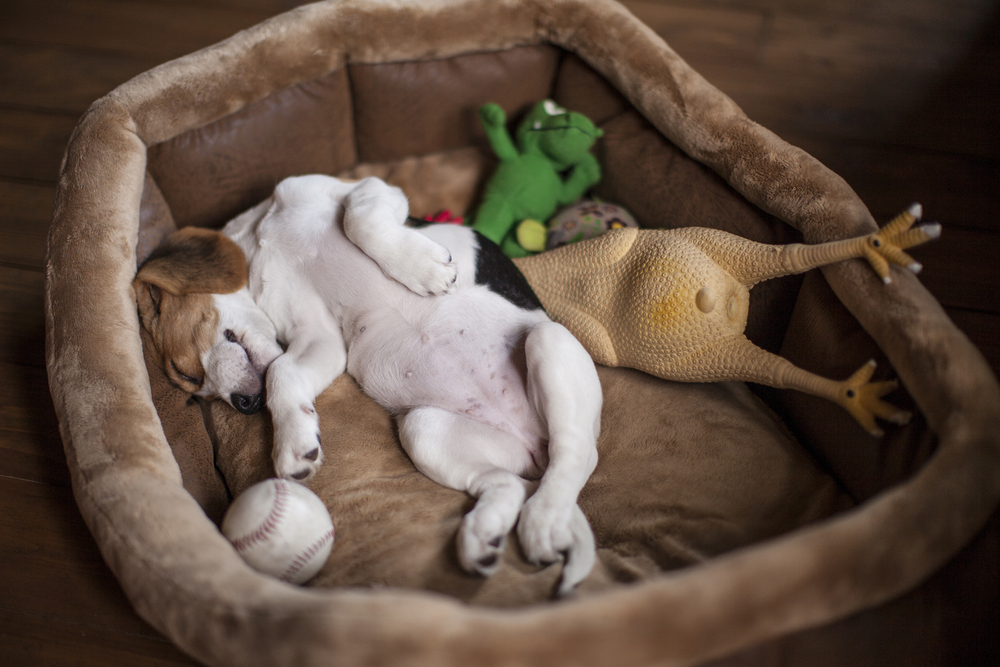
Socialization and learning can be exhausting and overstimulating, and you should provide your pup with a safe, quiet space she can retreat to at any time. Consider using a crate or puppy pen furnished with a few of her favorite toys or other comfort items. Also, ensure you schedule time each day for your puppy to play in this space alone.
The precious weeks with puppies are fleeting and fun, and we encourage you to get out and socialize with your puppy as often as is safely possible. Contact us with your puppy socialization questions.



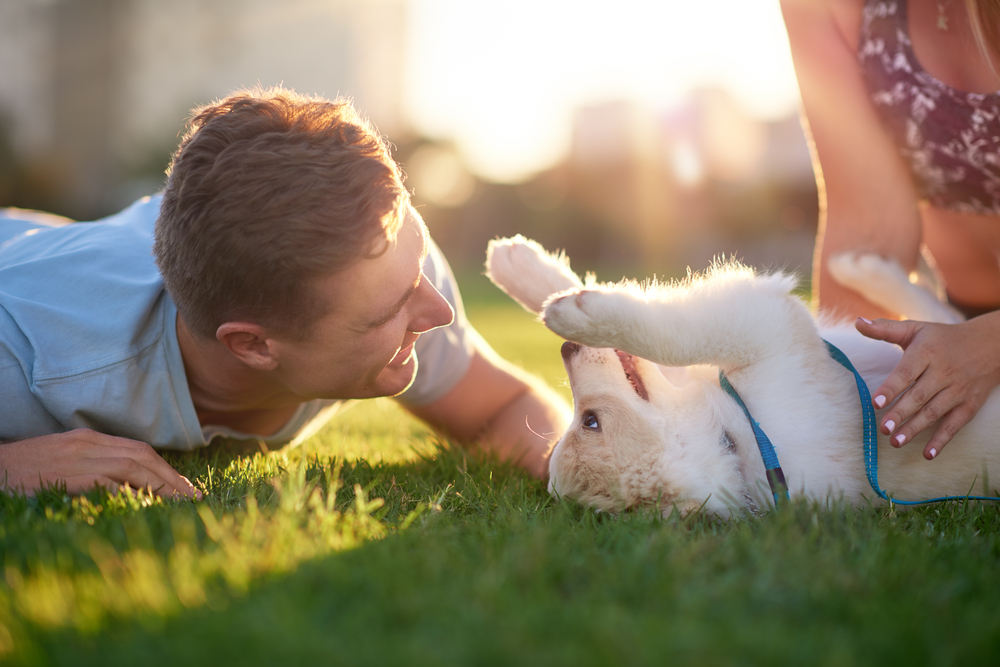
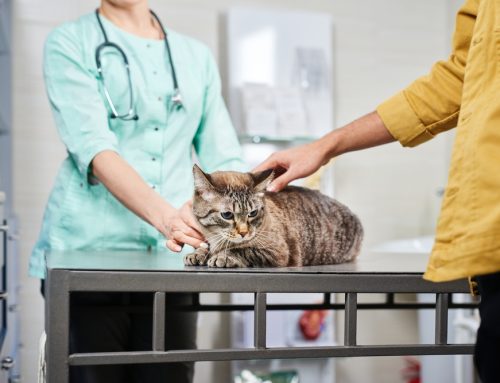
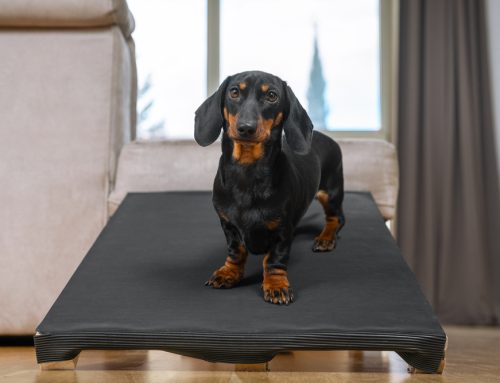
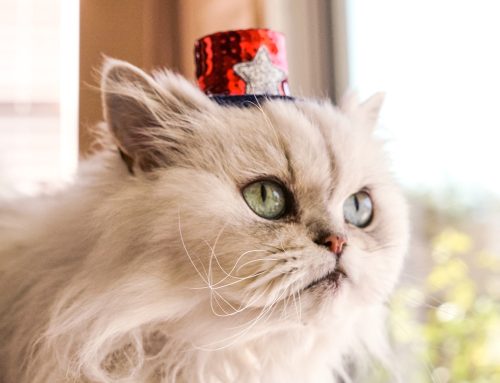
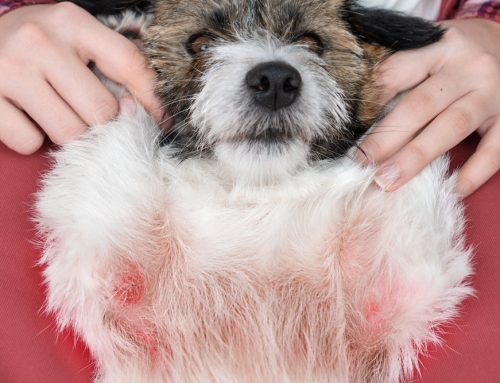

Leave A Comment